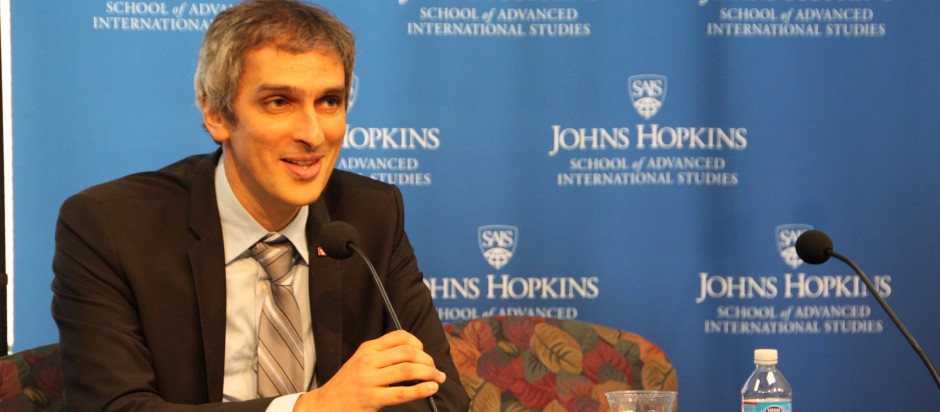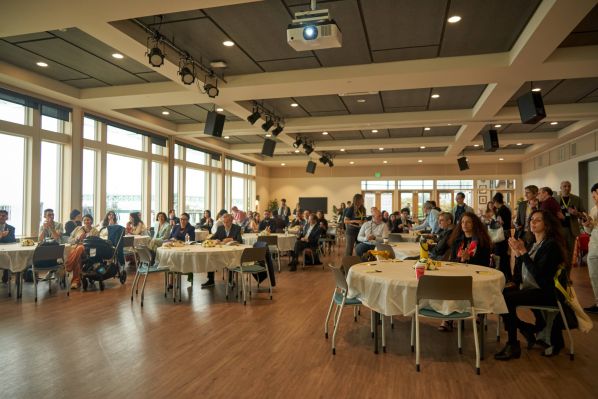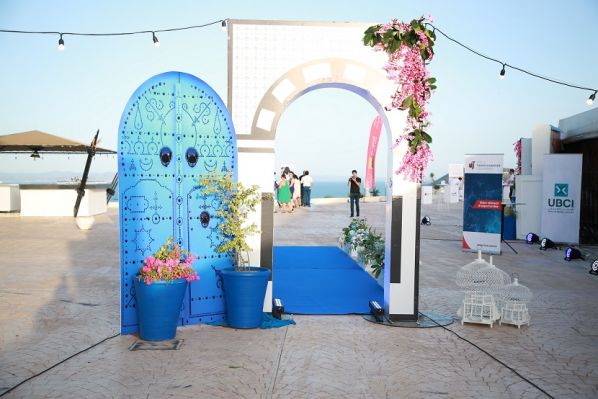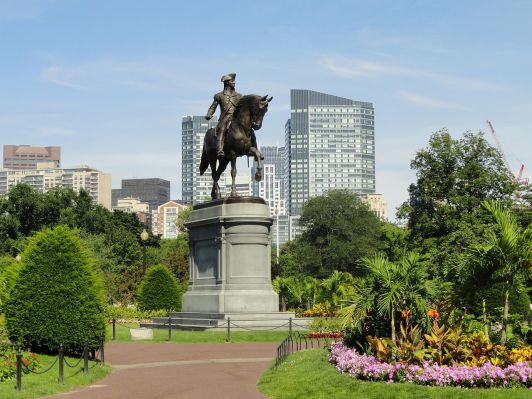Tunisia’s value proposition: the fundamentals are not enough

The Center for Transatlantic Relations at John Hopkins SAIS organized a conference from June 2 to June 4, 2014 dedicated at examining cooperation among Mediterranean countries. The conference was titled “Transatlantic Economic Forum: Building Bridges Across the Mediterranean 2014”.
In his intervention, TAYP board chairman, Mohamed Malouche, articulated Tunisia’s value proposition as an investment destination in the medium and long run and laid out the first movers advantages that one would gain if they were to invest in Tunisia in the short run.
In conducting many presentations relative to Tunisia’ brand, TAYP found out that Tunisia’s traditional fundamentals (educated, middle class, infrastructure, fiscal, ratio of cost/expertise..) were good but not differentiating enough. The concept of Tunisia serving as a platform for expansion to Africa, the Middle East and Europe is powerful but other countries in the region are using that narrative as well. A few key factors are natural differentiators of Tunisia including:
(1) The role of women in economic development since the independence. This is a unique risk mitigator for investors.
(2) The impact of the revolution and the rise of civil society/watchdog organizations that ensure transparency and rule of lawa culture of compromise/dialogue through the constitution making process which paves a way to a culture of fair dispute resolution
(3) the positioning of Tunisia not only at the crossroads of multiple continents, with Free trade agreements with all neighboring countries and a political will to remain neutral
The combination of strong fundamentals, the notion of a hub/platform, the role of women and the impact of the revolution are providing the necessary ingredients for Tunisia to be predictably stable in the medium and long run. However, wise investors would invest now to benefit from first mover advantages. Investment does not stop even in transition countries where violence is far worst then in Tunisia. Mexico, for example, still sees an influx of US businesses despite the insecurity -Tunisia is nowhere near that, but given its traditional peacefulness for the longest time, acts of violence are disturbing indeed. Openness is a must for a country like Tunisia that has no natural resources or unlimited capital. Tunisia is a country that cannot and will not be able to afford the contradictions between economic growth and ideological constraints.
related news




About the author
Mohamed Malouche